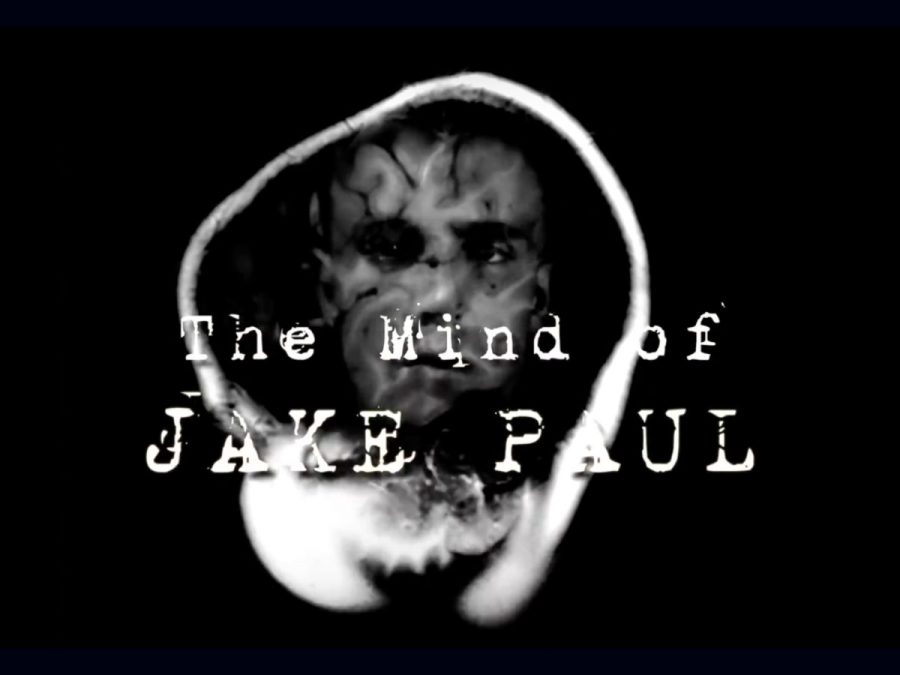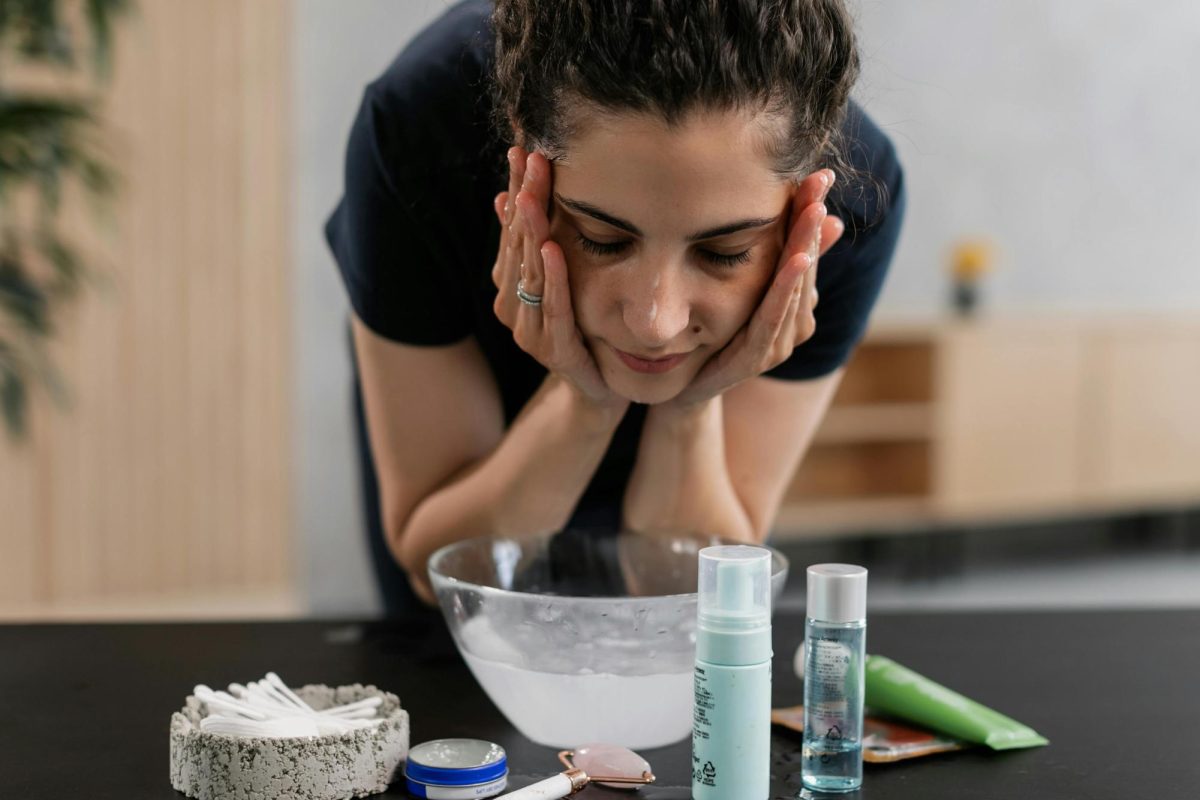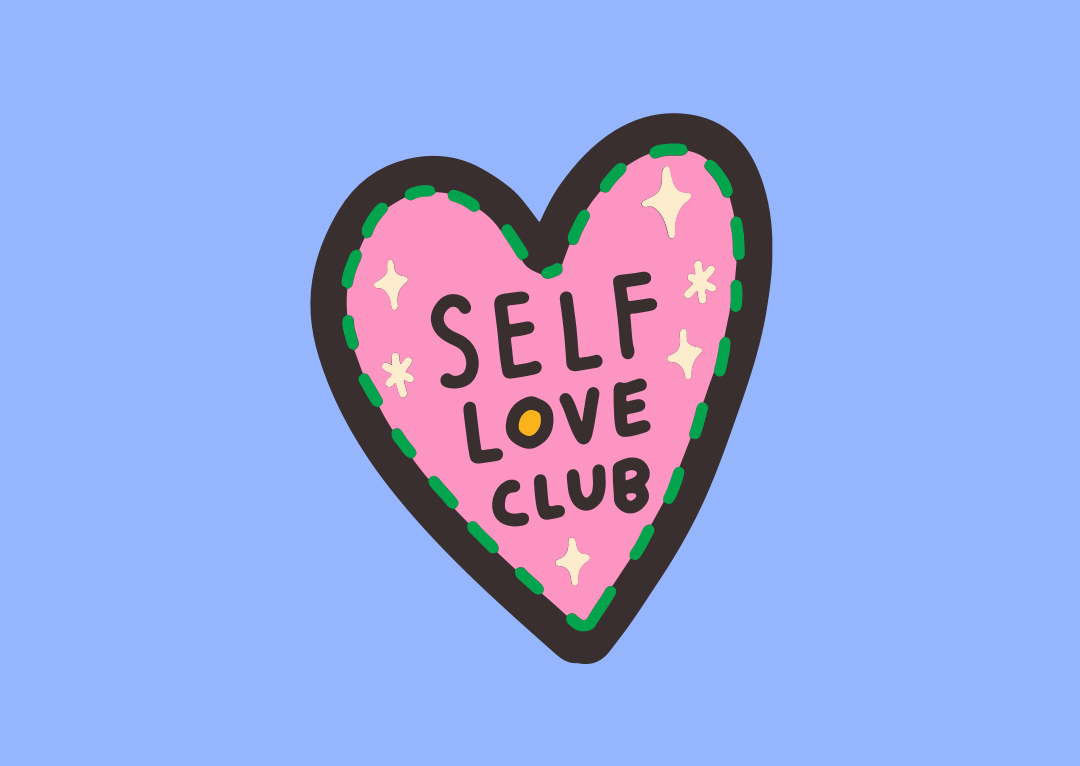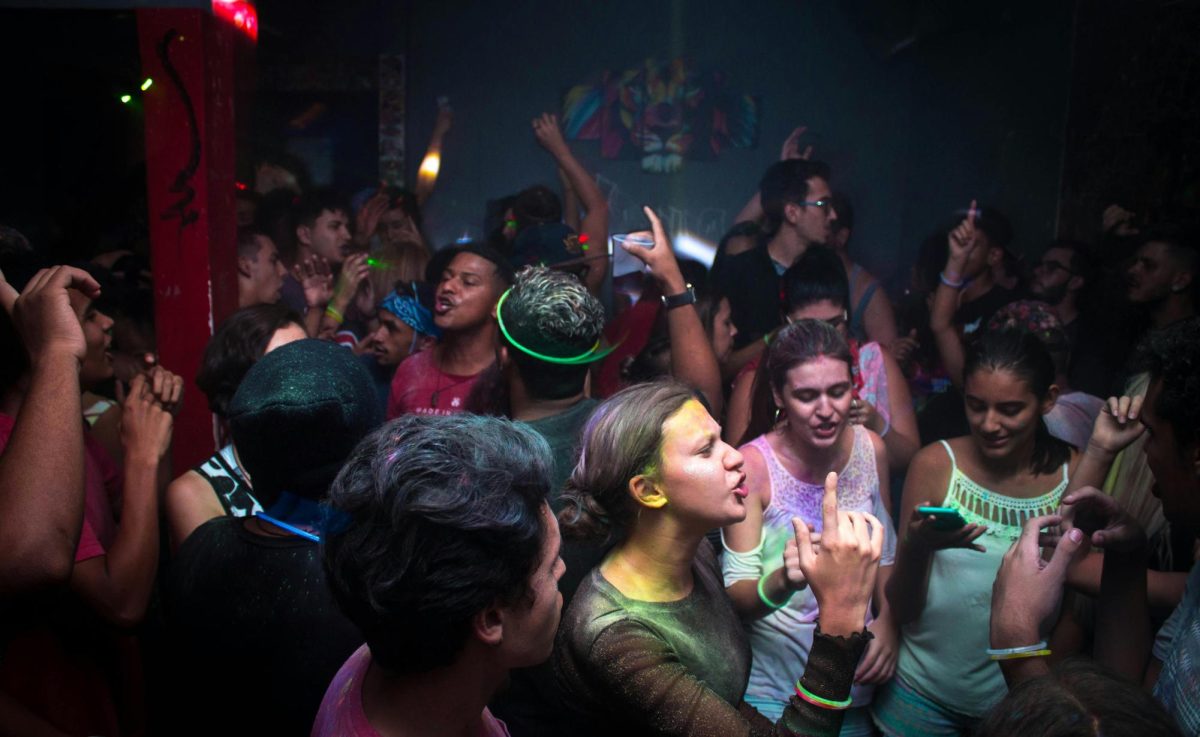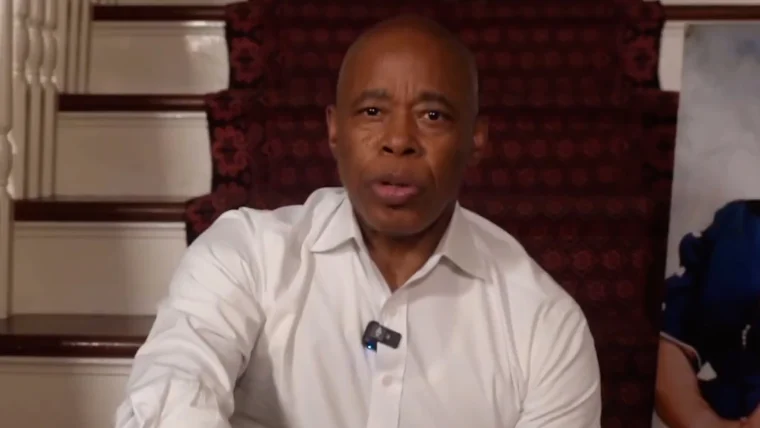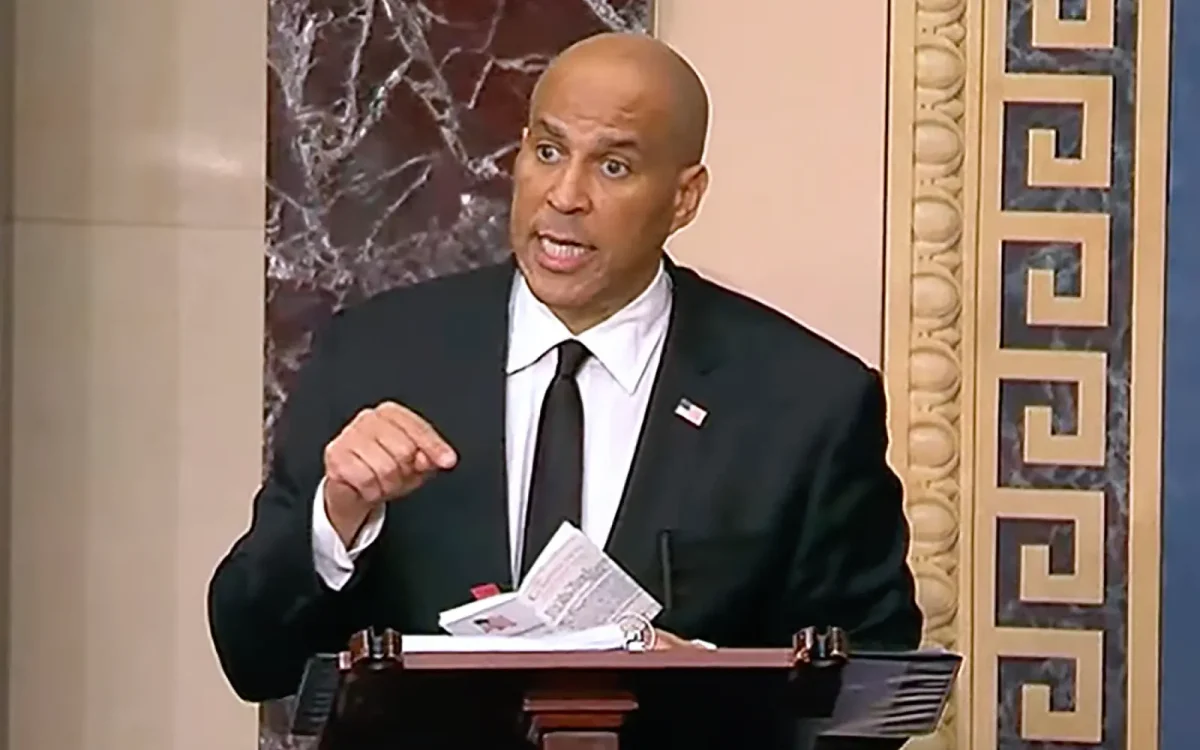Anyone who has been on social media over the past several weeks may have noticed amongst the surge of moth memes that there has been a huge obsession with sociopaths lately. On Oct. 18, YouTuber Shane Dawson uploaded the final episode of his new eight-part documentary series “The Mind of Jake Paul,” with the subject matter being the controversial vlogger himself.
Paul is probably one of the most disliked internet personalities there has ever been in the history of the platform, tied, perhaps, with his older brother Logan Paul, who is most known for the controversy he elicited earlier this year in which he filmed and posted a video that showed the corpse of a man who had committed suicide. Rumors of abuse, bullying, assault, and a generally bad attitude have surrounded the younger Paul brother, but none are quite as loud as the rumor that he is a sociopath. Paul’s patterns of heckling, harassment, and over-the-top, obnoxious, reckless behavior have caused a large chunk of the internet to perform amateur diagnoses on him, and this is exactly what Dawson’s documentary has been exploring.
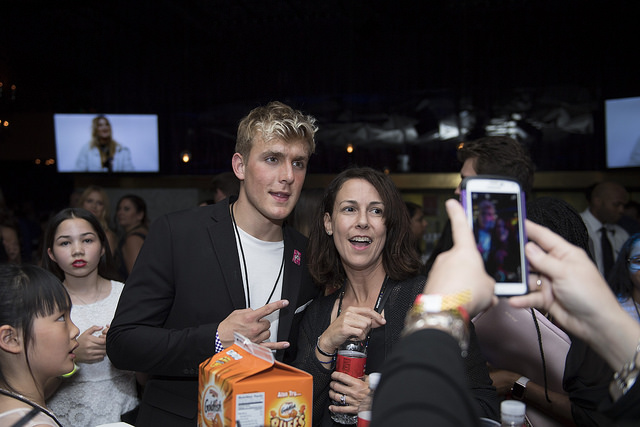
After over 15 years on YouTube, Dawson has earned almost 18 million subscribers and is considered by many to be not only one of the first real YouTubers but also one of the few who has managed to stay extremely relevant throughout his entire online career. It was no surprise that the videos about Paul (who himself has over 17 million subscribers) in which the discussion revolves around sociopathy have caused young viewers to be a bit obsessed with the disorder. Google Analytics has shown that searches involving the word sociopath have increased by over 75 percent since Dawson’s initial upload, the highest popularity the word has ever had. The same goes for the disorder’s medical term, Antisocial Personality Disorder, which covers both sociopathy and psychopathy.
APD is defined by the Mayo Clinic as “a mental condition in which a person consistently shows no regard for right and wrong and ignores the rights and feelings of others,” also adding that “people with antisocial personality disorder tend to antagonize, manipulate or treat others harshly or with callous indifference. They show no guilt or remorse for their behavior.” While many would think that only raging criminals may have APD, it is actually quite common: over 200,000 cases are reported each year in the U.S. alone, and many more go undiagnosed.
Sociopathy is beyond a doubt a scary thing, and it is hard for most people to imagine what it could be like to lack empathy. Sociopathic symptoms include extreme, habitual aggression, destruction, deceitfulness, and a blatant disregard for rules, laws, and the wellbeing of themselves and others. “Sociopaths don’t typically have relationships that can last if they have any at all,” said Alexis Valentin, a senior Applied Psychology major at the University. “Sociopaths can be charming and charismatic, but this is usually used as a route of manipulation.”
As most things online are nowadays, the series was shrouded in controversy. Part of this is because it involved a Paul brother, who is constantly followed by drama. But another part of it had to do with how Dawson treated the disorder. The first few episodes of the docu-series were edited in the way Dawson edits his popular “creepy” conspiracy theory videos: the over-dramatic clips placed in between people talking in combination with horror-style music and sound effects made Antisocial Personality Disorder seem like an inherently evil illness.
“I totally understand why people are upset, but I think it’s important to see it from all sides,” Dawson tweeted in response to someone criticizing the way he and licensed therapist Kati Morton spoke about sociopaths, calling their behaviors “icky” and “creepy.” Dawson continued, “Are sociopaths gross? No. does it feel gross when you think about a sociopath acting out one of the symptoms? Depends on who you are. But once again, I shouldn’t have made it scary.”
Dawson and Morton also received backlash because audiences felt that there was a difference between sociopathy, psychopathy, and APD, but Morton cited personal research, training, and the “American Psychological Association’s Diagnostic and Statistical Manual of Mental Disorders,” which she said she and other mental health professionals use to diagnose patients, and argues that they are all, more or less, the same.
“The only real diagnosis for these things is Antisocial Personality Disorder,” she said in her video “Hateful Comments from The Dark Side of Jake Paul.” “However, just like any other mental illness, everyone will experience it differently. This means that some people will have all their criteria, while others will only have some.”
It is also important to note that diagnosing a person isn’t the most black and white process, and should not be done by anyone without the proper training required to do so. “Diagnosis is an imprecise science, and it is problematic and stigmatizing to make generalizations about people based upon diagnostic criteria,” said Richard N. Shadick, Ph.D., the director of the University’s counseling center. “It is preferable to understand a person based upon their more complex background and current behavior.”
It was unsurprising that so many people would be offended by something involving mental health on the internet. It was also not surprising that just about none of those offended have APD. The hoards of internet warriors who were offended on behalf of sociopaths were, frankly, unnecessary. “Those with [APD] do not suffer from their illness,” said Morton. “They’re not upset about their lack of a full range of emotions.” Sociopathy is unlike other mental illnesses in a lot of ways, and many of those outraged must not have ever come in contact or been in a relationship with a sociopath. While APD does exist on a scale, those who have it can be incredibly difficult to have any sort of relationship with, and many of them adopt abusive and manipulative behaviors.
Therefore, while it is important to start a conversation about mental health and for people to be aware of APD, it is also important to keep in mind that it is, in fact, a disorder with causes and symptoms, and it has no cure, especially because sociopaths often don’t feel they need to get better. It is important not to excuse the harmful behaviors that sociopaths may adopt and blame them entirely on mental illness. Even though sociopaths “can’t help” how they are, they still must be held accountable for their actions. While Dawson was certainly over-dramatic, for viewers to insist that he tiptoes around in order to not offend anybody made this message all the more difficult to deliver.

